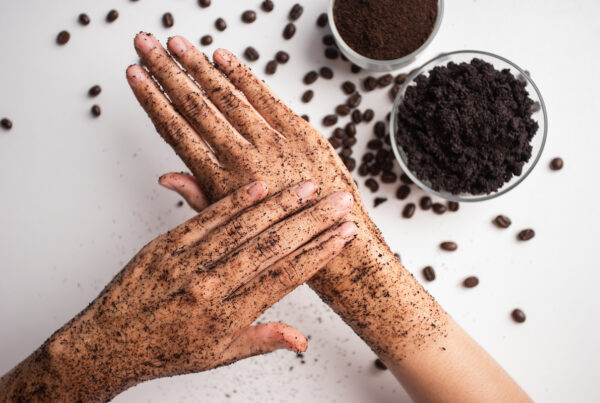Welcome to the world of wellness-centered coffee indulgence, where every sip is an opportunity to embrace vitality and mindfulness. At Pure Joy Coffee, we’re passionate about more than just great taste; we’re are all about promoting well-being, so we came up with a few ideas to help you maximize the positive effects of caffeine in every cup. Join us on this journey as we explore five mindful ways to elevate your coffee experience.
1. Start with Quality Beans
Picture this: you wake up, stretch, and shuffle over to the kitchen. The aroma of freshly brewed coffee wafts through the air. But here’s the catch—it’s made from high-quality, freshly roasted beans. Starting your day with premium specialty coffee can make all the difference. These beans are packed with flavor and aroma, promising a rich and invigorating experience. Quality beans unlock the potential for a more profound caffeine journey.
2. Opt for a Mindful Brew Method
Transitioning from quality beans, let’s talk about brewing methods. Your choice of brew method is a pivotal moment in your coffee journey. For a wellness-focused experience, consider pour-over or French press methods. These methods offer a slower, more intentional brew, preserving the delicate flavors and aromas that quality beans have to offer. The act of brewing itself becomes a calming ritual, connecting you with the essence of your coffee.

Brewing your morning coffee with a pour-over method allows you to brew with intention and increase self-awareness.
3. Mindful Sipping
Once your coffee is ready, it’s time to engage in mindful sipping. Instead of hurriedly gulping it down, take a moment to savor each sip. Feel the warmth of the cup in your hands, inhale the rich aroma, and allow the coffee to linger on your palate. This mindful approach heightens your awareness of the caffeine’s effects, creating a deeper connection between your senses and your wellness.
4. Pair with Nutrient-Rich Foods
Coffee doesn’t have to stand alone; it can be part of a holistic wellness routine. Consider pairing your cup of joe with nutrient-rich foods like fruits, nuts, or whole-grain toast. These choices not only enhance your coffee’s taste but also provide a steady release of energy throughout the day, helping you harness caffeine’s potential without the dreaded crash.

Being mindful of the timing of your coffee consumption can go a long way to maximizing your experience.
5. Timing Matters
Timing is everything when it comes to caffeine. Be mindful of when you enjoy your coffee. For most people, the ideal time is in the morning when your body’s natural cortisol levels are higher. This synergy between caffeine and cortisol helps you feel more alert and focused. Avoid late-afternoon or evening caffeine consumption to ensure a restful night’s sleep, another vital aspect of your wellness journey.
In conclusion, the path to maximizing the effects of caffeine in your coffee cup is a journey of mindfulness and intentionality. Start with quality beans, embrace a mindful brew method, sip with awareness, pair your coffee with nourishing foods, and time your coffee consumption wisely. By incorporating these practices into your daily routine, you’ll not only experience a heightened sense of well-being but also deepen your connection with the world of coffee.
Conclusion
In conclusion, the path to maximizing the effects of caffeine in your coffee cup is a journey of mindfulness and intentionality. Start with quality beans, embrace a mindful brew method, sip with awareness, pair your coffee with nourishing foods, and time your coffee consumption wisely. By incorporating these practices into your daily routine, you’ll not only experience a heightened sense of well-being but also deepen your connection with the world of coffee.
Join us at Pure Joy Coffee as we continue to explore the delightful fusion of wellness and coffee, one cup at a time. Cheers to your caffeinated journey towards a more mindful and vibrant life!








